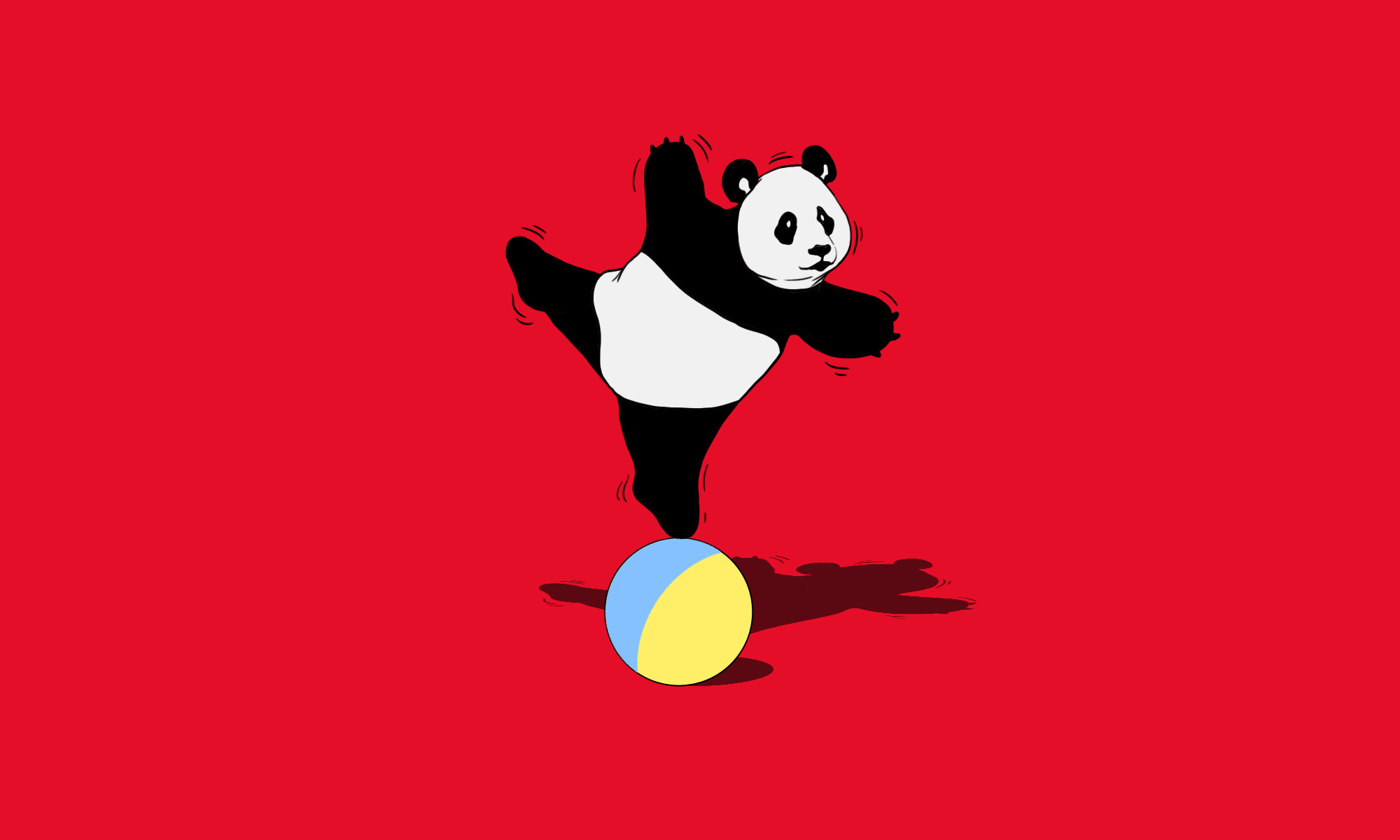China-Russia relations have ‘withstood the new test’ as Beijing’s balancing act continues
While China maintains a strategic friendliness with Russia and shared antipathy for the U.S.-dominated world order, Chinese companies have recently shown extreme caution in maintaining sanctions compliance. What is Beijing’s next move?

Last week, China signaled that it was aiming to deepen economic ties with Russia, most visibly through the comments of Chinese ambassador to Russia Zhāng Hànhuī 张汉晖, who urged local Chinese business leaders to seize opportunities and “fill the void” in the Russian market. Although the situation could change (yet again), Beijing’s latest actions suggest it is backpedaling from Zhang’s comments.
- Sinopec announced last week that it had suspended talks over a petrochemical and natural gas investment in Russia, Bloomberg reported that Chinese companies and government officials are asking detailed questions about sanctions, and Reuters wrote that the Ministry of Foreign Affairs warned China’s state-backed energy giants to avoid any hasty purchases.
- Beijing will likely comply with sanctions when necessary but seek workarounds where possible. When asked by Russian state media about Beijing’s warning to Chinese energy companies, P.R.C. spokesperson Wāng Wénbīn 汪文斌 said he was “not aware of the situation you mentioned” and reiterated that “China and Russia have been conducting normal economic and trade cooperation.”
Why the rapid shift?
- Beijing may be adjusting its position for several reasons. The primary reason is that with Omicron-related shutdowns metastasizing and the CCP’s Party Congress approaching, Beijing’s tolerance for economic pain stemming from the invasion may be diminishing.
- Second, Moscow seems more willing to accept limited objectives in the invasion, potentially truncating the invasion’s timeline and reducing the benefits to Beijing of sanctions evasion.
- Finally, Moscow may have committed a misstep by implicitly sanctioning Kazakhstan-to-Europe CPC oil flows last week, which sent crude prices rising. The CPC closure harmed Beijing’s interests both directly and, more importantly, indirectly: Chinese oil companies are heavily invested in Kazakhstan’s oil and gas complex, while China is the world’s largest importer of oil. With high oil prices threatening to dampen the world’s post-pandemic economic recovery, Beijing may have decided to limit economic pain by (largely) complying with Western sanctions vis-à-vis Moscow.
- On March 23, China also unveiled its new hydrogen policy, the “Medium and Long-Term Plan for the Development of Hydrogen Energy Industry (2021–2035).” Since hydrogen could theoretically displace most uses of natural gas and crude oil, the new policy could endanger Russia’s commodity exports to China, particularly over the long term. The timing of the hydrogen policy’s announcement — just two days after Russia sanctioned CPC oil flows — is striking and may suggest that Beijing is becoming increasingly displeased with the energy market turmoil wrought by Putin’s invasion of Ukraine.
Sergei Lavrov and Wang Yi meet in Anhui
- The Russian and Chinese foreign ministers met in Anhui Province on Wednesday to attend the “Third Foreign Ministers’ Meeting on the Afghan Issue Among the Neighboring Countries of Afghanistan.”
- In new language, Wáng Yì 王毅 said that China-Russia relations have “withstood the new test of an evolving international landscape”(中俄关系经受住国际风云变幻新的考验).
- Russia and China also agreed to “widen” cooperation, according to the Interfax news agency’s citation of Russia’s Foreign Ministry.
- As a perceptive Reuters reporter noted at the Chinese Ministry of Foreign Affairs’ press conference on Wednesday, it is not clear what “widening” cooperation entails, as the two sides previously said their bilateral cooperation would have “no limits.”
Chinese state media continues to blame the U.S. for the invasion and amplify Kremlin claims
- In a People’s Daily commentary published today with the pseudonym Zhong Sheng often used for important foreign policy pieces, the U.S. was accused of being “the initiator of the crisis,” while providing weapons for Ukraine and imposing sanctions against Russia was deemed to be “pouring oil on the flames.”
- The People’s Daily provided some assistance to the Kremlin last Friday, as it reported, without comment, the Russian Defense Ministry’s false claims that the U.S. Department of Defense was developing biological weapons components in Ukraine.






